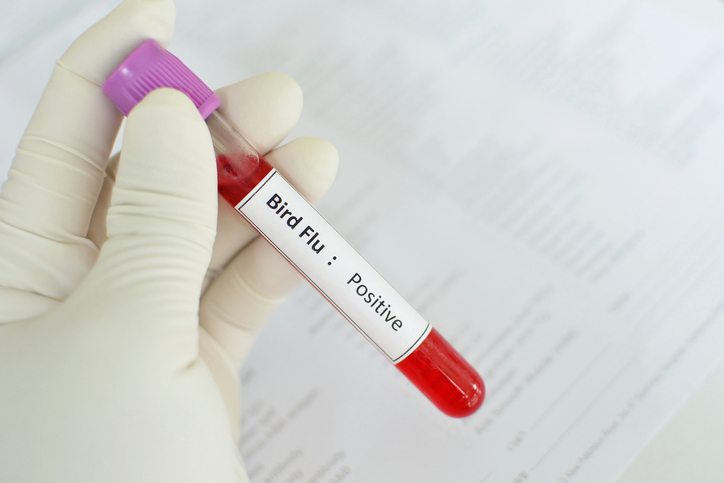As reports of bird flu outbreaks emerge, particularly in the US, questions arise regarding the safety of consuming eggs and poultry during such incidents. Concerns linger over the possibility of infected hens laying eggs carrying avian flu or H5N1 virus, alongside fears of milk from sick cows posing health risks. We’ll delve into these concerns, debunking misconceptions surrounding the safety of consuming eggs, poultry, and dairy products during bird flu outbreaks.
Ensure Eggs are Cooked Thoroughly:
A Crucial Safety Measure Consuming eggs becomes safe when they are cooked thoroughly. Although it’s accurate that high temperatures can deactivate the avian influenza virus, the danger persists with undercooked eggs. Inadequately cooked eggs might not reach the necessary temperatures to completely neutralize the virus. Therefore, boiled and fried eggs are considered safe options, while half-boiled and runny ones pose risks.
Best Practices for Egg Handling:
Misconceptions often arise regarding the safety of eggs based on their appearance, with some assuming that clean shells equate to safety. However, studies reveal that the avian influenza virus can indeed contaminate the surface of eggshells. This underscores the critical importance of proper egg handling techniques, including thorough washing, diligent hand hygiene, and cooking to mitigate potential risks. To minimize contamination risks, it’s advisable to store raw eggs separately from other foods, particularly those consumed raw, such as salads or fruits. Additionally, using separate cutting boards, utensils, and plates for raw poultry can help prevent cross-contamination.
Likewise, if concerns arise regarding the potential transmission of bird flu via contact with egg cartons purchased from grocery stores, it’s important to note that the likelihood of contracting the virus from packaging is extremely low. Nevertheless, it’s advisable to practice thorough handwashing after handling such items.
Despite common assumptions, not all eggs available on the market are vulnerable to contamination by bird flu. Eggs originating from regions unaffected by the outbreak are typically deemed safe for consumption. Additionally, commercial egg producers frequently enforce rigorous biosecurity protocols to protect their flocks, thereby reducing the risk of disease transmission.
Pasteurized eggs and milk:
Concerns have been raised regarding the safety of pasteurized egg products, which undergo gentle heating within their shells to eliminate bacteria without cooking the egg. Pasteurization, a common method utilized to eradicate pathogens by subjecting products to precise temperatures, effectively eliminates the risk of virus transmission. Consequently, pasteurized milk from leading dairy companies and their derivatives, such as cheese, are considered safe due to this process.
Is it safe to consume eggs from birds that have been vaccinated?
Eggs from birds vaccinated against diseases like avian influenza undergo rigorous testing and approval by regulatory agencies. There is no scientific evidence indicating that consuming eggs from vaccinated birds poses any health risks to humans.
What are some methods for preparing chicken?
When cooking chicken, ensure that its internal temperature reaches a minimum of 165°F (74°C), confirmed with a food thermometer. Store chicken in its original packaging or a covered container on the lowest refrigerator shelf to prevent juices from contaminating other foods. Safely thaw chicken in the refrigerator, cold water, or microwave, avoiding room temperature thawing to prevent bacterial proliferation. Instead of washing raw chicken, rinse it under cold water and dry with paper towels to prevent bacterial spread in your kitchen.










